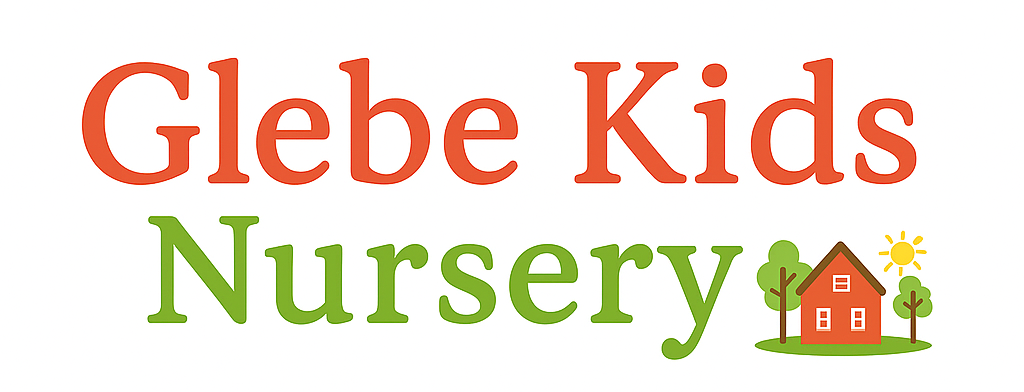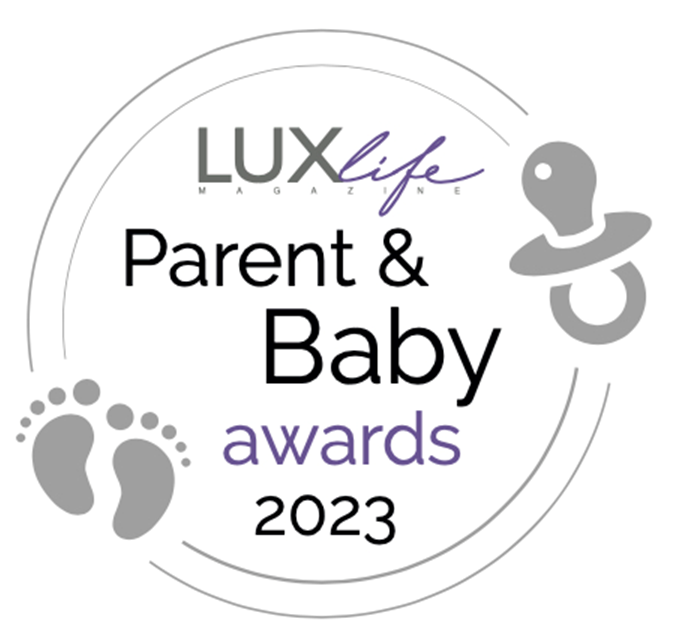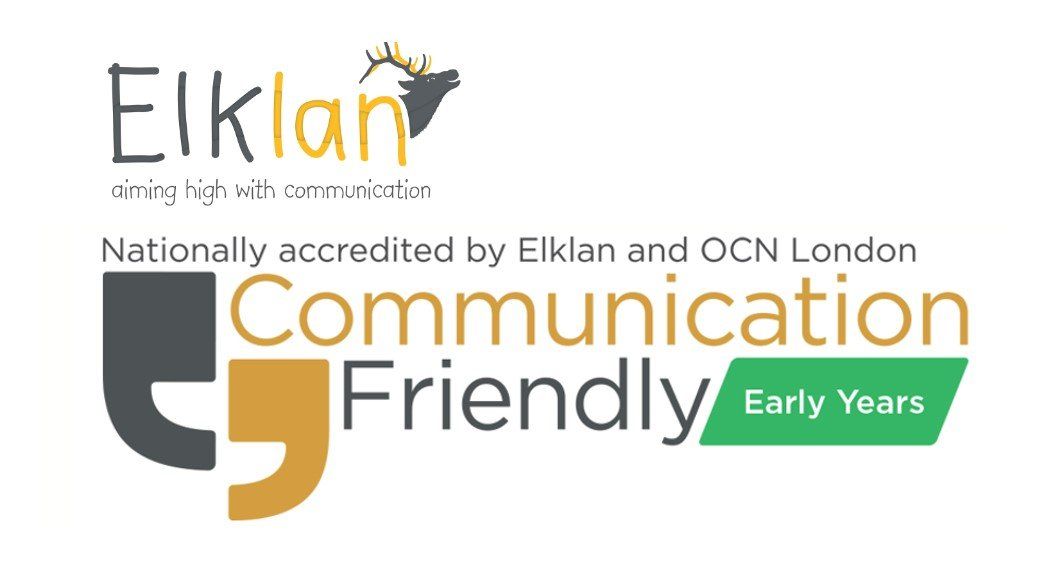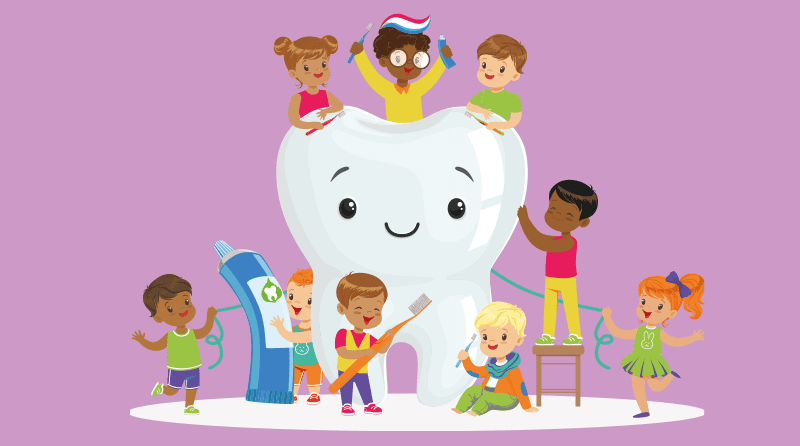Snacks for Good Oral Health
Some snacks that are safe for our teeth include:
All fresh fruits
such as apples, bananas, satsumas, grapes, berries, melon.
Vegetable sticks
such as carrots, cucumber, celery.
Savoury things
Crackers, cheeses, breadsticks, hummus, toast with butter or savoury spread, meats, pretzels, oatcakes or savoury rice cakes.
Drinks
Have water or plain milk between meals. Keep juices and smoothies to mealtimes, and sugary drinks as occasional treats.
Top Tip!
Even healthy foods can damage our teeth. AVOID snacking on cereal bars, yogurts, juice, smoothies, honey or dried fruits. Once juiced, pureed or dried fruit can cause decay. Include these in your meals instead. Try the “Change for life food scanner” App to help you find sugar free snacks!
Lunchbox Tips & Recipe Ideas
Click the button below to see the top lunchbox tips and recipes recommended on the NHS website!
Visiting The Dentist
NHS dental care is free for under 18s.
Your child should see a dentist by the age of 1.
Mums also get free NHS dental care for the first year of your child's life – take your child with you to the dentist so they can experience the environment! Regular attendance at the dentist is essential to prevent pain or problems.
Your dentist may offer to apply fluoride varnish to the teeth to keep them strong and healthy.
Not Registered with a Dentist?
You can use the NHS website to find dentists near you.
Visit: https://www.nhs.uk/service-search/find-a-dentist
If you don’t have access to the internet or have a dental emergency you can call 111.
Your Family Centre can also support you to find a local dentist.
Advice for Under 3's
As soon as your child has teeth, brush them with a smear of children's toothpaste.
Check the ingredients of your child's toothpaste. It should have no less than 1,000ppm fluoride.
Brush twice daily. Last thing at night and once in the morning.
From the age of 1 year, feeding overnight, or soothing to sleep with milk can increase the risk of dental decay. If you continue to breastfeed during the night past 1 year, seek advice from a dentist or health visitor to help support you with your breastfeeding, while still protecting your child's teeth.
Don’t add sugar to foods or drink. When introducing solids start with more bitter foods – not straight to sweet flavours.
Bottles and dummies after 12 months can cause problems with the growth of teeth and development of facial muscles and should not be used.
Tooth brushing for 3-6s
Brush twice daily, with a fluoride toothpaste, using a pea sized amount.
Brush last thing at night and once in the morning.
Check the ingredients of your child's toothpaste. It should have more than 1,000 ppm fluoride.
Brushing should still be your responsibility, but encourage your child to join in.
Spit out toothpaste after brushing but do not rinse with water. This allows the fluoride time to strengthen the teeth.
Tooth brushing for 6+
From the age of 6 your child can use regular adult toothpaste. Check the ingredients, it should contain 1,450ppm fluoride.
Your child can start to brush their own teeth. But be aware, it takes time to master the use of a brush, so watch and help when needed.
As above, brush twice daily, before bed, and once in the morning.
As above, spit out the toothpaste, but don’t rinse with water.
How Diet Affects Teeth
Sugar is well known to cause decay, but did you know it is how often you eat sugar that damages your teeth, not how much sugar is eaten?
Your teeth can only cope with sugar in the mouth 3 x daily. More frequently than that, holes will start to form.
Only have sweet foods and drinks at mealtimes.
By avoiding snacking on or drinking sugary things between your meals, you will reduce how often your teeth get damaged by sugar. This will help prevent holes.
For example: a biscuit with lunch is fine, but any snacks between lunch and dinner need to be sugar free.
If your child wants a sweet treat after school, save it to have it as pudding after dinner.
See our snack suggestions to keep hungry children happy!
Top Tip!
Does your child not like toothpaste? There are many toothpastes out there that have the correct level of fluoride that are fruit flavoured. You can even get unflavoured, non foaming toothpaste from some chemists.
Using a Dummy
Useful Contacts
Hertfordshire Community Breastfeeding: www.hertfordshire.gov.uk/breastfeeding
Hertfordshire Family Centre Service: 0300 123 7572
National Breastfeeding Helpline: 0300 100 0212
National Childbirth Trust: 0300 330 0700
Breastfeeding Network Support Line: 08444 120 995
Association of Breastfeeding Mothers Helpline: 0300 305 453
La Leche League: 0345 120 2918













